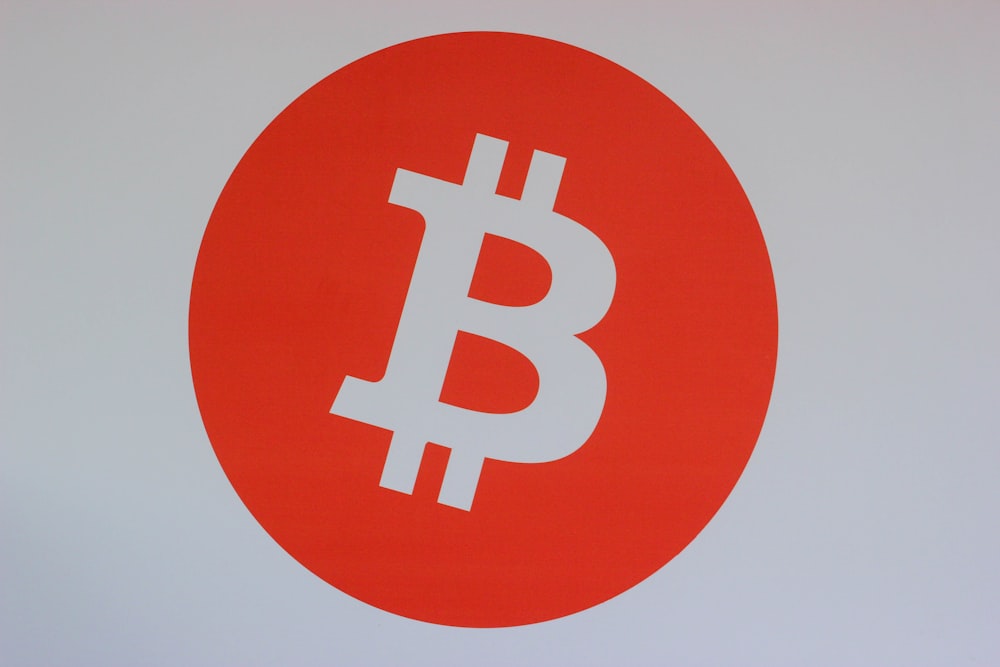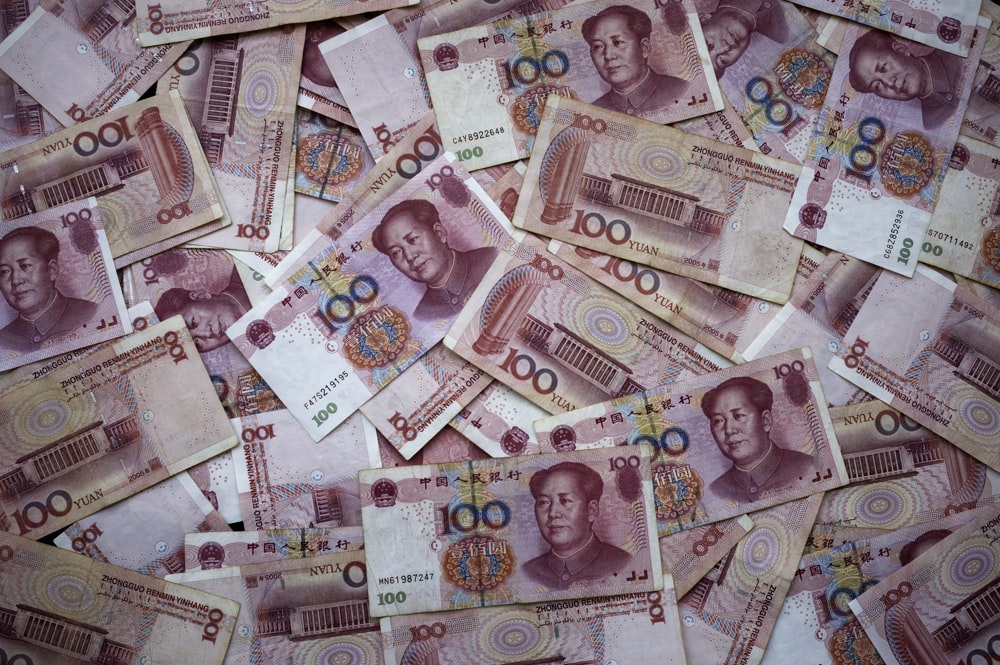Bitcoin Is A Threat To The US Dominance
The monetary architecture that rules the world is one of the most important pillars of US dominance. And the US dollar (UUP) is one of its most important tools. The reserve currency of the world has allowed the use of policies not permitted to other countries. The privilege of issuing currency to stimulate the economy, while not having the secondary effects of inflation, is comparable to a superpower. And, the US has become increasingly more reliant on it.

My base scenario has always been the idea that China’s emergence would end up in the revaluation of the Yuan versus the USD. The trade war reinforced that idea in the sense that China could accelerate the development of an internal bond market and create demand for its currency, allowing it to rise to reserve status, at least in some regions. There is nothing fundamentally wrong with that thesis, history supports it, and economics exhibit signs that it might be that way.
However, the status quo often overlooks subtle changes in the social tissue of the world. The brewing of that tends to produce revolutions that rip it off. It happened in Europe five centuries ago, when men’s allegiances were towards the king and not the country itself. Modern politics geared the focus towards the nation-state and nationalism. Now, I wonder if we’re are not going through some similar change.
Don’t expect a definite answer from me. In fact, I am as baffled as it gets. However, let me share a couple of insights.
First, there is an anonymous elite brewing on the internet. In 1999, the future was the internet, but one year later the web was a fad. We were lectured on the potential of the web, just to be awakened by its insufficiencies. Truth be told the internet in those days was a far cry from what it is today. Still years away was the smartphone that would carry the internet everywhere. I believe many analysts did not consider the impact of the people deeply involved in the web’s architecture during the last two decades. This silent elite has developed the idea that the internet is like the West’s expansion – few rules, many possibilities. One thing that could be possible was an internet-based currency, truly independent of political interference. That’s Bitcoin (BITCOMP).
One change that’s emerging is a massive group that no longer wants to be shackled by the nation-state’s notion. That might bring other disruptions. However, we had already watched that behavior on successful entrepreneurs. Many of whom, when awash in cash, searched for more advantageous fiscal jurisdictions. Multinational companies already ignored the nation’s concept. In my opinion, it won’t get any better, and we can see it in the number of companies that are changing part of their balance sheet to Bitcoins. The disruption is that now the masses and institutions are also in the game of bypassing nations.
A couple of renegades holding bitcoins is one thing institutions are another. Companies validate the thing. They will lobby it, use their armies of lawyers to legitimize it, and they will push for other institutions to improve the services around it, making it more convenient. The adoption of Bitcoin as a treasury instrument by many institutions, like Square and MicroStrategy, signals that institutional adoption will accelerate. However, it is the message underneath that is troubling. Basically, these companies don’t trust the dollar and are inclined to drop it.
The adoption of the Yuan would be something gradual. It would take decades for a US company to adopt the Yuan as its treasury reserve of choice (if it happened at all). However, in Bitcoin’s case, it has happened with a couple of companies during the last few weeks. Bitcoin is agnostic in terms of international politics, and that makes it somewhat tolerable.
Nevertheless, the implications can be dramatic. Imagine a Bitcoin debt market, with its interest rates. It is possible since companies like Square concede small loans through its app. Loan securitization could allow interest rates extrapolation for various short-term maturities. It is doubtful that a long-term debt market will develop soon, but I’m not dogmatic on anything anymore.
Coming full circle, I always thought it would be the rise of the Yuan (CYB) that would resuscitate the bond market vigilante of the ’80s and ’90s. Now, I think that the catalyst might be Bitcoin. If it starts competing with the dollar for the institutional market, it might devalue the dollar and reignite inflation in the US.
A final point is needed. The companies passing vast portions of their treasury holdings to Bitcoin face the risk of having liabilities in US dollars while having its cash-flows in another currency. In the past, that has been a recipe for disaster, especially in sovereign debt. A crash in Bitcoin price could turn an overexposed company insolvent overnight. That might create the need for a derivatives market around bitcoin, but even that might be creating even more risk.
One unintended consequence of all this could be the acceleration of policymakers’ initiatives to regulate the whole thing and make it a lot less appealing. The efficiency of any measures is impossible to anticipate, but at least, it might scare institutions from holding too much of it. Companies already heavily committed to bitcoin might become under pressure and face losses if legislative measures are adopted.
Finally, I acknowledge that the risks have never been higher for a regulatory crackdown on Bitcoin. One can even wonder why it is taking so long. And, the answer might be scary. Maybe regulators won’t be capable of enforcing the said regulations. I don’t know if this will hold in the future, especially with more and more institutions joining the party, but it is part of the bullish narrative for sure.
If we add the trillion-dollar stimulus package on the way to the senate, we get overwhelmed by the bullish scenario for Bitcoin. The lack of regulatory response risks giving this thing a life of its own. And, the end result might not be that bad for the rest of the world, a decentralized universal reserve currency not submitted to one’s particular country interests.
Disclaimer: Disclaimer: This text expresses the views of the author as of the date indicated and such views are subject to change without notice. The author has no duty or obligation ...
more





All holders of this "reserve currency" would have to agree? or just the few who own 95%?